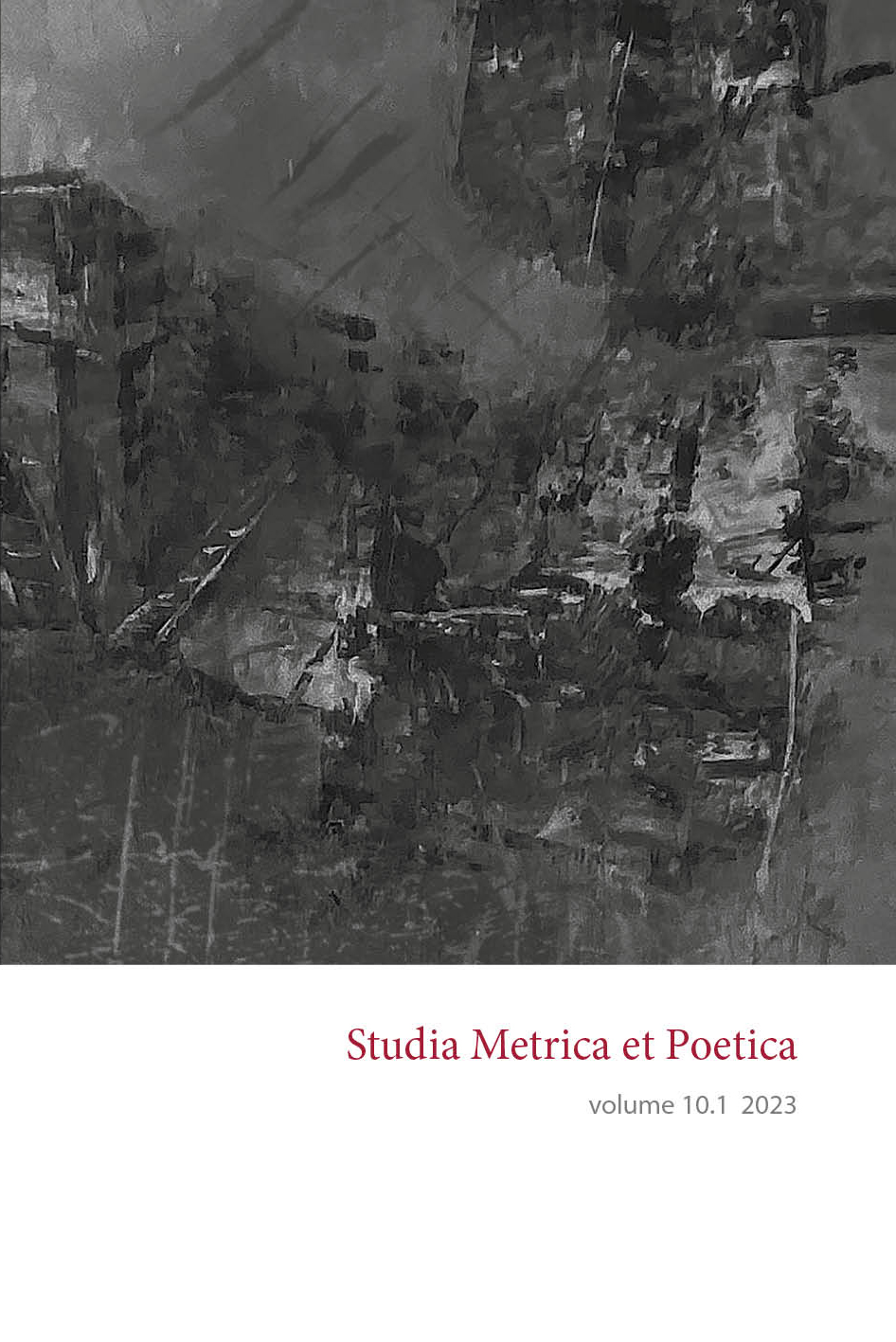Rhyme in dróttkvætt, from Old Germanic Inheritance to Contemporary Poetic Ecology I: Overview and Argument
DOI:
https://doi.org/10.12697/smp.2023.10.1.01Keywords:
rhyme, alliterative poetry, oral meter, Germanic, eddic, skaldicAbstract
This paper is the first in a three-part series or tryptic that argues for the Old Germanic origins of rhyme in the Old Norse dróttkvætt meter. This meter requires rhymes on the stressed syllables of two words within a six-position line, irrespective of the syllables that follow. This first instalment introduces both the Old Germanic poetic form and the dróttkvætt meter. It outlines the background of the discussion and presents the basic argument. The second instalment presents a portrait of rhyme in Old Germanic meters outside of Old Norse, providing foundations for viewing rhyme as an inherited part of the Old Germanic poetic system. That portrait highlights the use of rhymes including the stressed vowel within a short line and the tendency to use such rhymes in the b-line, corresponding to the rhymes in even lines of dróttkvætt. The third instalment turns to dróttkvætt within its poetic ecology, beginning with a portrayal of rhyme in Old Norse eddic poetries, followed by dróttkvætt in relation to its contemporary poetic ecology and unravelling its impacts on that ecology, gradually working backward to a perspective on the ecology in which it emerged.


